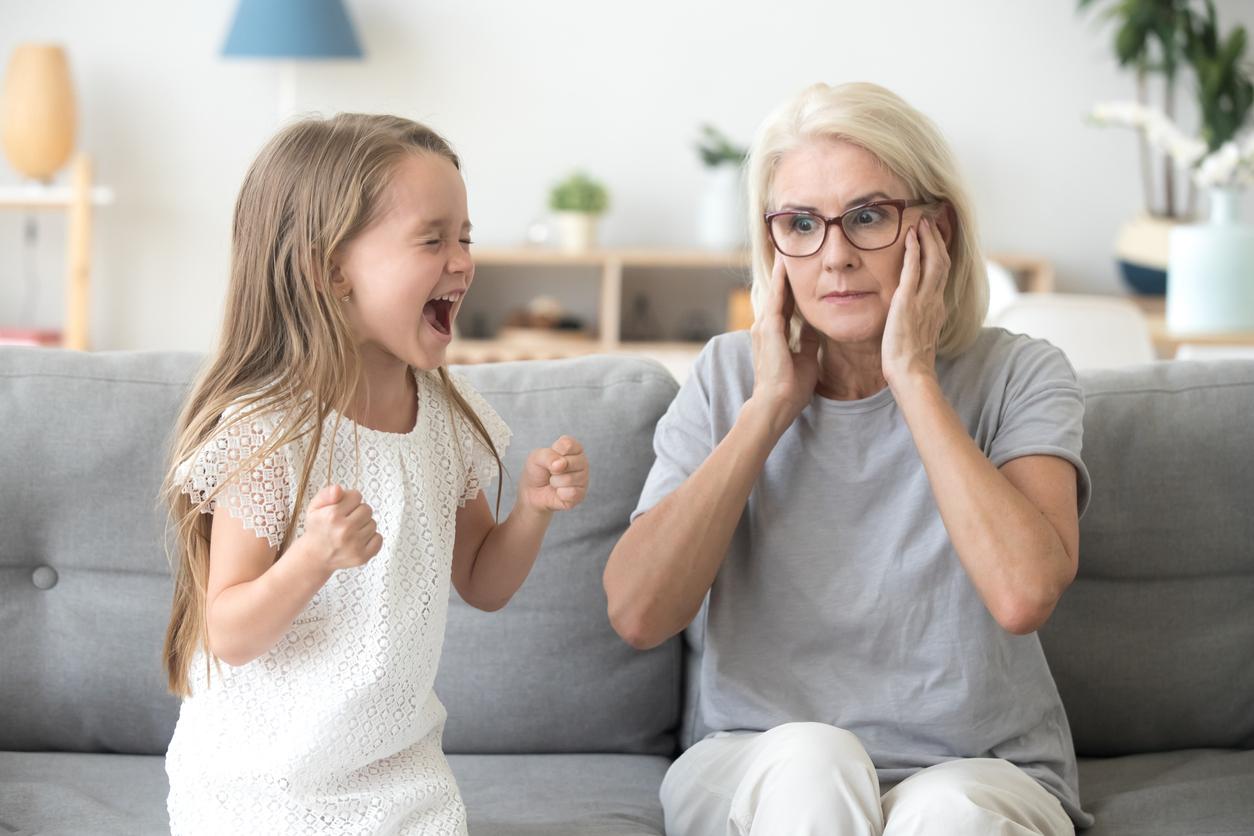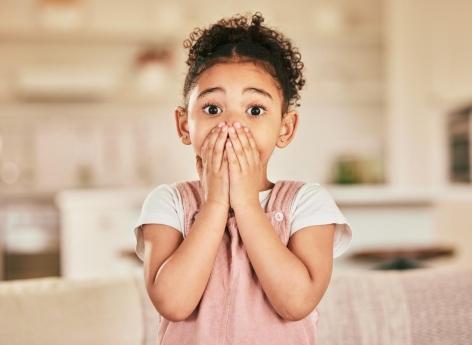Aggression in children can confuse adults.

- Understanding the reasons underlying a child’s aggressive behavior not only helps meet their needs but also supports them and shows them that peaceful behavior can be possible.
- A child living in an aggressive environment will be more likely to be aggressive himself because he imitates a lot of what he sees.
- It can also be a sign of a lack of attention and a need to feel loved and valued.
Children’s aggression is a complex subject that often arouses incomprehension and concern among parents. Understanding the reasons behind this behavior not only meets the child’s needs but also supports him and shows him that peaceful behavior can also be possible.
The influence of others
Children are very sensitive to their environment and tend to observe and repeat the behaviors of adults and other children. If a child is regularly exposed to people who behave aggressively, they are more likely to imitate these behaviors.
Adults therefore have a role to play by exercising caution and avoiding displaying aggression in front of children. If he sees that this is a normal response to the problem, he will be more likely to adopt this attitude. Setting an example as an adult by resolving conflicts peacefully can help them understand that there is an alternative.
The need for attention
When a child doesn’t feel loved or cared for enough, he or she may turn to aggressive behaviors to get attention.
Indeed, every child needs to feel loved, valued and supported. When he does not receive the necessary attention, aggression becomes a means of capturing the attention of adults, even if it causes suffering, physical or psychological.
Stress and life changes
Any time of stress and significant change in a child’s life can also provoke aggressive behavior. They are particularly sensitive to the arrival of a new baby, the separation of their parents, family disputes or even the loss of a loved one. These situations create anxiety and uncertainty which can result in aggressive behavior.
He may then have difficulty expressing his emotions appropriately and aggression becomes a way to release his frustration and confusion. The role of adults here is to be attentive to these stressful moments and to help their children manage their emotions in a healthier way by expressing them differently.
Find out more: “Violence hurts” by Catherine Dolto, Colline Faure-Poirée and Robin.















